Ціна Yield Guild Games

Застереження
OKX не надає рекомендацій щодо інвестицій або активів. Ви повинні ретельно зважити, чи підходить вам торгувати цифровими активами чи утримувати їх, з огляду на свій фінансовий стан. Щодо ваших конкретних обставин порадьтеся з юридичним, податковим чи інвестиційним фахівцем. Щоб дізнатися більше, перегляньте наші Умови використання й Попередження про ризики. Використовуючи вебсайт третьої сторони (далі — «Сторонній вебсайт»), ви погоджуєтеся, що будь-яке використання Стороннього вебсайту регулюється умовами Стороннього вебсайту. Якщо це прямо не зазначено в письмовій формі, компанія OKX і її партнери (далі — OKX) жодним чином не пов’язані з власником або оператором Стороннього вебсайту. Ви погоджуєтеся, що OKX не несе відповідальності за жодні втрати, збитки й інші наслідки, що виникають у результаті вашого використання Стороннього вебсайту. Зверніть увагу, що використання Стороннього вебсайту може призвести до втрати або скорочення ваших активів. У деяких юрисдикціях продукт може бути недоступний.
Інформація про ринок Yield Guild Games
Ринкова капіталізація = циркулююча пропозиція × остання ціна

Калькулятор YGG


Показники ціни Yield Guild Games у USD
Популярні конвертації Yield Guild Games
| 1 YGG у USD | 0,19880 $ |
| 1 YGG у EUR | 0,17469 € |
| 1 YGG у PHP | 11,1779 ₱ |
| 1 YGG у IDR | 3 345,11 Rp |
| 1 YGG у GBP | 0,14915 £ |
| 1 YGG у CAD | 0,27551 $ |
| 1 YGG у AED | 0,73019 AED |
| 1 YGG у VND | 5 173,04 ₫ |
Про Yield Guild Games (YGG)
- Офіційний вебсайт
- Whitepaper
- Оглядач блоків
Yield Guild Games — FAQ
Гравці, які є членами гільдії Yield Guild Games, отримують доступ до цінних ігрових активів без необхідності внесення значних авансових платежів. Вони можуть отримувати внутрішньоігрові нагороди та прибуток від активів, які вони використовують, що створює безпрограшну ситуацію як для Yield Guild Games, так і для її членів. Крім того, YGG постійно виходить на нові ігрові ринки та розробляє інноваційні продукти та послуги, щоб допомогти геймерам заробляти ще більше грошей. Приклади включають платформи для прибуткового фарму та інструменти управління гільдіями.
Гравці можуть співпрацювати з Yield Guild Games, ставши частиною мережі SubDAO, надаючи свої NFT, щоб надати іншим доступ до ігор типу Play-to-Earn (P2E) та отримувати винагороди. Об'єднуючи ресурси та знання, Yield Guild Games надає гравцям можливість отримувати дохід і брати участь у зростаючій економіці метавсесвіту, створюючи нові шляхи для розширення економічних можливостей і фінансової інклюзії.
Легко купуйте токени YGG на криптовалютній платформі OKX. Доступні торгові пари в терміналі спотової торгівлі OKX включають YGG/USDT і YGG/USDC.
Ви також можете купити YGG за допомогою більш ніж 99 фіатних валют, вибравши опцію "Експрес купівля". Також доступні інші популярні криптовалюти, такі як Bitcoin (BTC), Ethereum (ETH), Tether (USDT) і USD Coin (USDC).
Крім того, ви можете обміняти свої існуючі криптовалюти, включаючи XRP (XRP), Cardano (ADA), Solana (SOL) і Chainlink (LINK), на YGG з нульовою комісією і без прослизання ціни за допомогою OKX Convert.
Щоб переглянути приблизні ціни в реальному часі на конвертацію фіатних валют, таких як USD, EUR, GBP та інших, в YGG, відвідайте Калькулятор конвертації криптовалют OKX. Високоліквідна криптовалютна біржа OKX забезпечує найкращі ціни для ваших криптовалютних покупок.
Розкриття інформації про ESG
Калькулятор YGG


Застереження
OKX не надає рекомендацій щодо інвестицій або активів. Ви повинні ретельно зважити, чи підходить вам торгувати цифровими активами чи утримувати їх, з огляду на свій фінансовий стан. Щодо ваших конкретних обставин порадьтеся з юридичним, податковим чи інвестиційним фахівцем. Щоб дізнатися більше, перегляньте наші Умови використання й Попередження про ризики. Використовуючи вебсайт третьої сторони (далі — «Сторонній вебсайт»), ви погоджуєтеся, що будь-яке використання Стороннього вебсайту регулюється умовами Стороннього вебсайту. Якщо це прямо не зазначено в письмовій формі, компанія OKX і її партнери (далі — OKX) жодним чином не пов’язані з власником або оператором Стороннього вебсайту. Ви погоджуєтеся, що OKX не несе відповідальності за жодні втрати, збитки й інші наслідки, що виникають у результаті вашого використання Стороннього вебсайту. Зверніть увагу, що використання Стороннього вебсайту може призвести до втрати або скорочення ваших активів. У деяких юрисдикціях продукт може бути недоступний.











